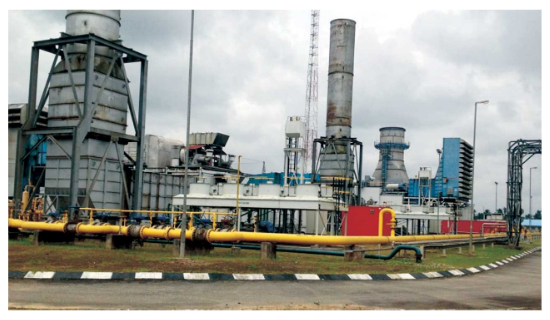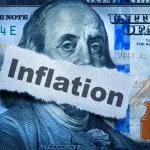Consumer prices in the United States surged unexpectedly last month, indicating a concerning stall in the battle against inflation.
According to the US Labor Department, prices rose by 3.5% over the 12 months leading up to March, up from 3.2% in February. This unexpected spike was primarily driven by higher costs for fuel, housing, dining out, and clothing.
Join our WhatsApp ChannelAnalysts are cautioning that this lack of progress in taming inflationary pressures will likely compel the US central bank to maintain higher interest rates for a prolonged period. “The Federal Reserve’s key interest rate is now at the highest level in more than two decades, in the range of 5.25%-5.5%,” stated a representative from the Labor Department.
The recent surge in consumer prices contradicts earlier forecasts that anticipated a decline in inflation rates. This surge poses a dilemma for policymakers as they navigate the delicate balance between controlling inflation and stimulating economic growth.
“The Fed has got some head scratching to do and if other central banks were waiting for the Fed to move, they have got a conundrum on their hands now,” remarked Neil Birrell, chief investment officer at Premier Miton Diversified Funds.
Inflation had cooled significantly over 2023 as supply chain disruptions eased and the temporary surge in food and energy prices subsided. However, it remains above the Federal Reserve’s target of 2%. The recent uptick in oil prices has further exacerbated energy costs, while service prices show little sign of stabilizing.
READ ALSO: US Inflation Figures Fall Short, Prompting Investor Sentiment Shift
Notably, core inflation, which excludes volatile food and energy prices, stood at 3.8%, consistent with February figures. “We shouldn’t overreact to the jump in headline inflation – which was all about energy,” commented Brian Coulton, chief economist at Fitch Ratings. Nevertheless, he cautioned, “The details are not at all reassuring for the Fed.”
The unexpected surge in consumer prices has prompted analysts to revise their projections, with many now expecting the Federal Reserve to delay interest rate cuts until later in the summer or even next year. This shift in expectations has impacted investor sentiment, with shares on Wall Street closing lower as investors recalibrate their strategies.
The Federal Reserve’s decisions regarding interest rates are expected to influence central banks worldwide. The uncertainty surrounding the timing of rate adjustments underscores the challenges policymakers face in navigating the complex economic landscape while addressing inflationary pressures.
Emmanuel Ochayi is a journalist. He is a graduate of the University of Lagos, School of first choice and the nations pride. Emmanuel is keen on exploring writing angles in different areas, including Business, climate change, politics, Education, and others.
- Emmanuel Ochayihttps://www.primebusiness.africa/author/ochayi/
- Emmanuel Ochayihttps://www.primebusiness.africa/author/ochayi/
- Emmanuel Ochayihttps://www.primebusiness.africa/author/ochayi/
- Emmanuel Ochayihttps://www.primebusiness.africa/author/ochayi/



















Follow Us